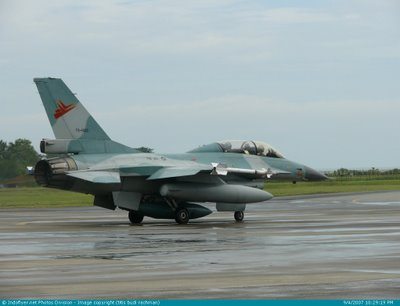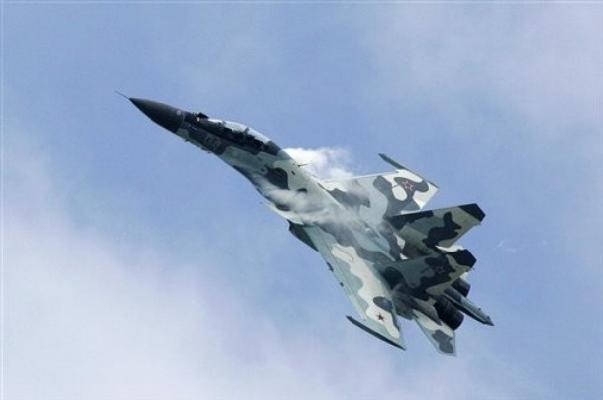US President Barack Obama on Tuesday praised Indonesia for ratifying the nuclear test ban treaty CTBT, a move which brought the pact one step closer to coming into force.
Obama said the move by a country where he spent four years as a boy showed the “positive leadership role” that Indonesia could play in combating the spread of nuclear weapons.
“I urge all states to sign and ratify the agreement so that it can be brought into force at the earliest possible date,” Obama said.
The president also said that he will continue to press the US Senate to ratify the treaty, which he said was important to future US security.
“America must lead the global effort to prevent proliferation, and adoption and early entry into force of the CTBT is a vital part of that effort,” Obama said.
The Senate blocked ratification of the treaty in 1999 and it has still not been ratified, despite a pledge by the Obama administration to seek such a step.
Advocates say US ratification of the treaty would send an important signal to the rest of the world on the importance of checking nuclear proliferation.
But US critics of the treaty argue that by committing itself to a long-term binding pledge never to test nuclear weapons, the United States could undermine confidence in its atomic weapons arsenal.
US Secretary of State Hillary Clinton also praised Indonesia’s move.
“The United States, which has observed a moratorium on nuclear explosive testing since 1992, is committed to the ratification of the Comprehensive Nuclear Test-Ban Treaty and to its early entry into force,” she said.
“The United States calls on all governments to declare or reaffirm their commitment not to conduct explosive nuclear tests, and we urge all states that have not yet ratified the treaty to join us in this effort,” Clinton said in a statement.
So far, the CTBT, which aims to outlaw all nuclear explosions, has been signed by 182 states but 44 key states — all with nuclear technology — need to ratify it before it can come into force.
With Indonesia’s vote, 36 of these countries have now ratified the treaty.
But among those still missing are North Korea, Iran, Israel, Pakistan, India, China and the United States — all states known to have or suspected of developing nuclear weapons.











